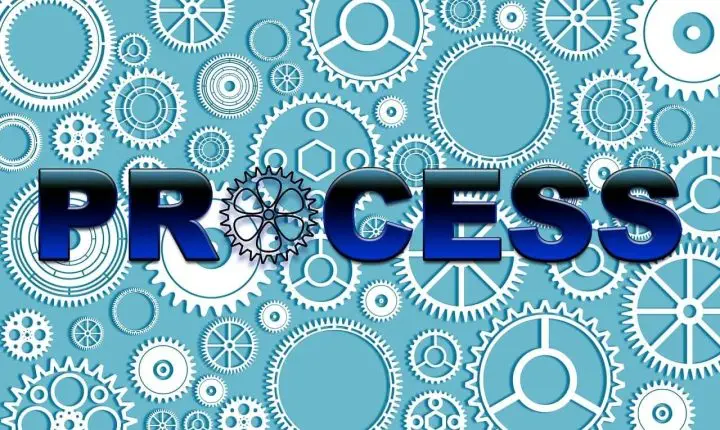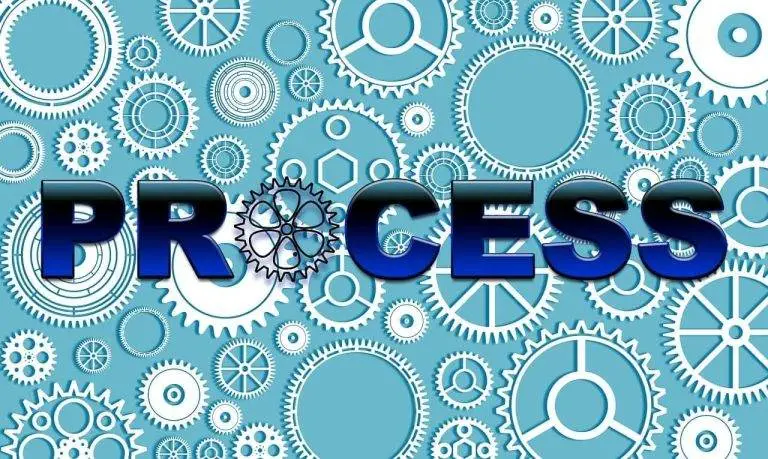Voluntary Liquidation
Voluntary liquidation is a process initiated by a company’s directors and shareholders when they decide to dissolve the business and distribute its assets. Unlike forced liquidation, which is typically instigated by creditors or the court, voluntary liquidation allows the company to take control of its own winding-up process.
What Will Voluntary Liquidation Give You
- Debt Relief
One of the most significant advantages of voluntary liquidation is the relief it provides from debts. Once the liquidation process is initiated, any debts that cannot be covered by the company’s assets are usually written off. This includes SARS debt, which can be a significant burden for many businesses. By liquidating, companies can free themselves from the weight of unmanageable financial obligations. - Orderly Wind-Down
Voluntary liquidation offers a structured and orderly method for winding down operations. This provides directors with greater control over how the process unfolds compared to a forced liquidation scenario. - Protection from Legal Action
Once the voluntary liquidation proceedings commence, creditors generally cannot pursue legal action against the company. This legal protection offers peace of mind to business owners and directors during a challenging time, as it prevents potential lawsuits and further financial strain.
Liquidation Pro's Far Outweigh The Cons (if any)
Many experts argue that the benefits of liquidation far outweigh any cons. For most businesses, liquidation remains the best legal method to address financial difficulties.
The Liquidation Process
- Board Resolution: The process begins with the board of directors passing a resolution to liquidate the company.
- Shareholder Approval: Shareholders must then pass a special resolution to agree to the liquidation.
- Liquidation Registration: The liquidation is registered at the Companies and Intellectual Property Commission (CIPC). A voluntary liquidation application can also be brought in a High Court, but it is not necessary.
- Appointment of Liquidator: A liquidator is appointed to oversee the liquidation process. This appointment must be approved by the Master of the High Court.
- Notification of Stakeholders: All relevant parties, including creditors, employees, and the South African Revenue Service (SARS), are notified of the liquidation. This is typically done through an advertisement placed by the liquidator.
- Asset Realization: The liquidator collects and sells the company’s assets (if any – a company does not need to own any assets to be able to liquidate) which may include property, equipment, and inventory.
- Creditor Claims: Creditors then submit their claims against the company for consideration during the liquidation process.
- Distribution of Proceeds: The liquidator distributes the proceeds from asset sales (if any) to creditors based on a priority order established by law.
- Final Reporting: The liquidator prepares a final liquidation and distribution account, which is lodged at the Master.
- Dissolution: Once all affairs are wound up and the Master has approved the liquidation and distribution account, the company is formally dissolved and deregistered at the CIPC.
Liquidation is a Strategic Option
Voluntary liquidation in South Africa presents a strategic option for businesses facing financial distress. It provides not only a pathway to debt relief but also a structured approach to dissolving the business, allowing for an orderly exit from the market.
The Cons of Liquidation
The writer cannot think of any cons to Liquidation. It is a very powerful legal tool in the hands of any business owner to use when the time is right.




